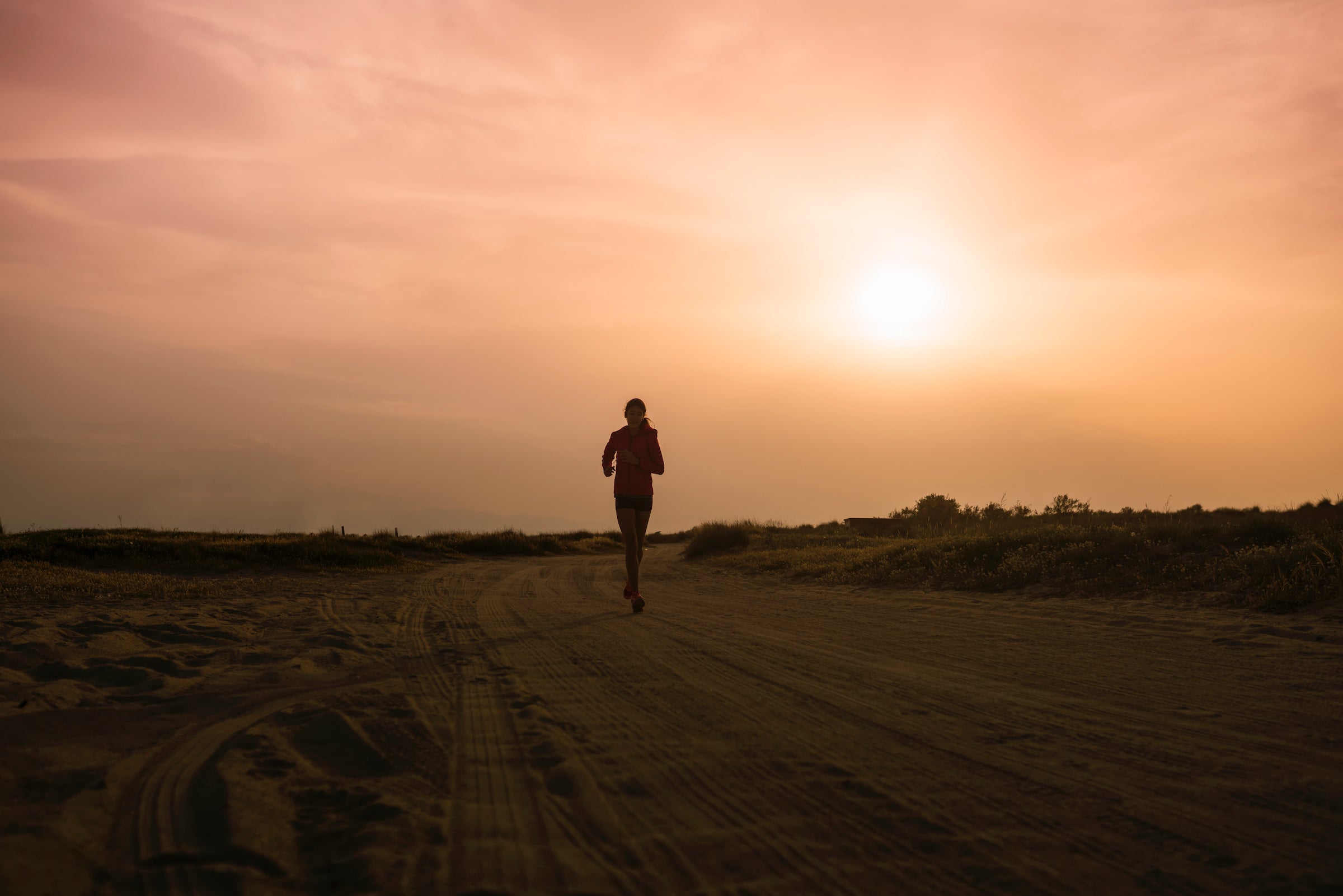Running Isn't Therapy. Therapy is Therapy.

Saying “running is my therapy” is about as common as running in spandex. But running and therapy are not the same thing. Exercise absolutely impacts mental health: Research shows regular, daily exercise helps to boost mood, reduce stress, and even manage symptoms of anxiety and depression. But our culture leans heavily—too heavily—on exercise as a panacea for mental well-being.
If someone were signing up for a marathon to treat a painful toothache, you’d recommend they see a good dentist instead. Equating running with treatment can send the message that mental illness isn’t real illness. Suggesting that mental illness can be “fixed” by running reinforces a larger stigma about seeking professional help. Recognizing that you are a wonderful, beautiful, complex human with complicated mental and emotional needs takes courage. Acting on that, and asking for help, takes even more. By portraying people who lace up their shoes instead of reaching out for help as braver or stronger, we send the message that the courageous thing to do is not to get help.
RELATED: Life is a Lot Right Now. Here’s How to Know if Running Will Help or Hurt
That’s not to say that running can’t be a critical part of your mental well-being. It can be a great tool, but for many, exercise can also be used as an avoidance strategy, used to escape pain, anxiety, trauma, family or relationship dysfunction, and myriad other issues. Pay attention to the “why” behind your pursuit. If you’re struggling, you should know that you’re not alone, and that help is available.
It’s worth acknowledging that one reason so many people turn to running in lieu of therapy is that mental health resources aren’t accessible to everyone. Fortunately, many places provide community counseling that charges on a sliding scale where clients pay what they’re able. One organization, Bigger Than The Trail, helps connect runners with different resources, like online counseling, as well as provides a community of support.
RELATED: 5 (Actually Healthy) Ways to Deal with Stress
Being a person is hard. Running can be a great antidote to the low-level malaise and stress that is part of being alive today. It’s wonderful that so many people find so much joy in movement, but it’s not the same as actual counseling. Running can be a great time to sit with your thoughts and work through feelings. You can do that in therapy, too—guided by the gentle hand of a trained professional.
Throughout our lives, we all slide along a mental health spectrum. Sometimes, we may be able to solve what ails us with solitude and introspection on the trails or roads. It’s when we reach extremes of the spectrum, however, that we need more than a good long run. I’m not saying “don’t run, it’s not good for you.” I’m saying “run, but get other types of help if you need them.”